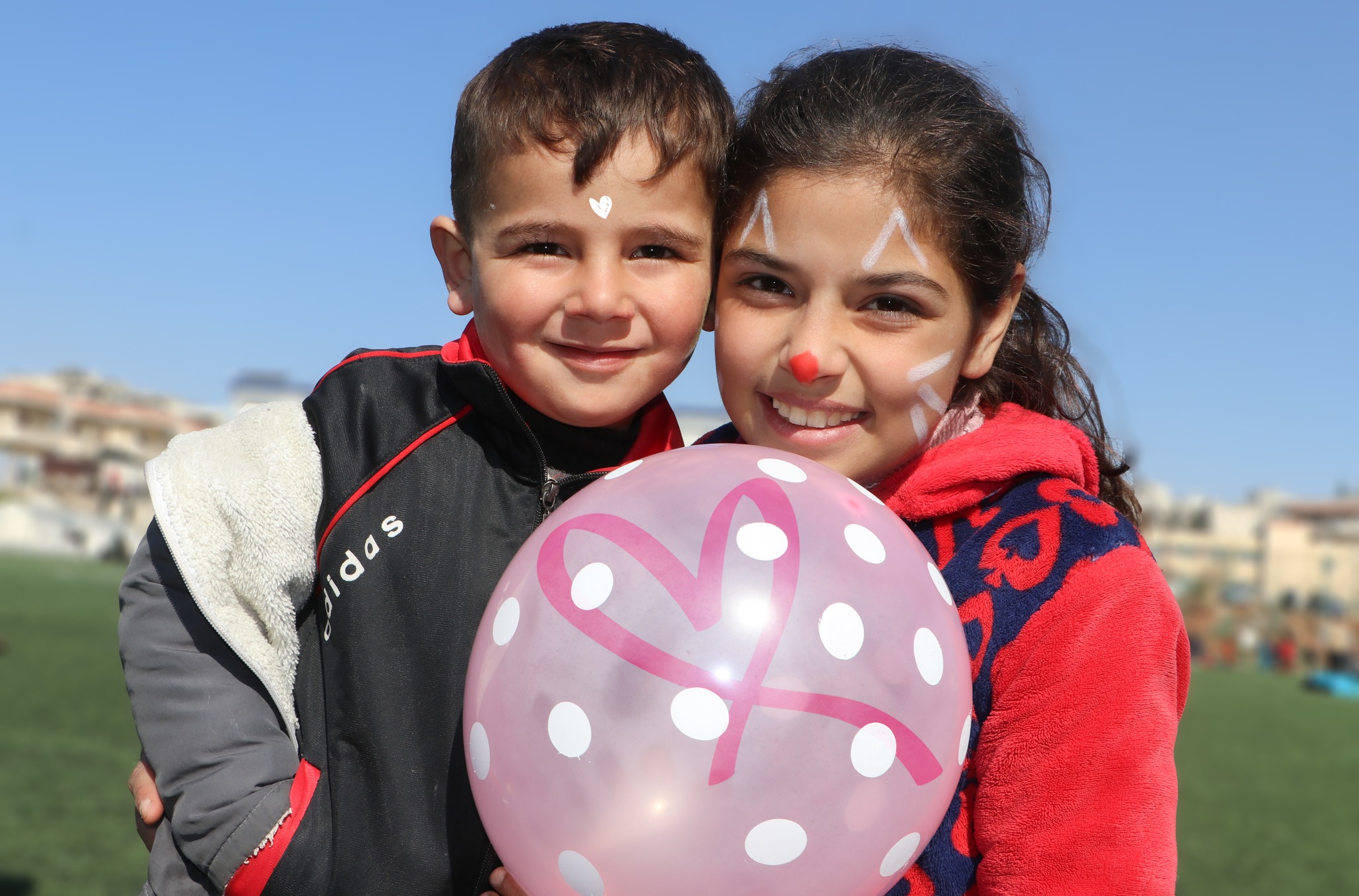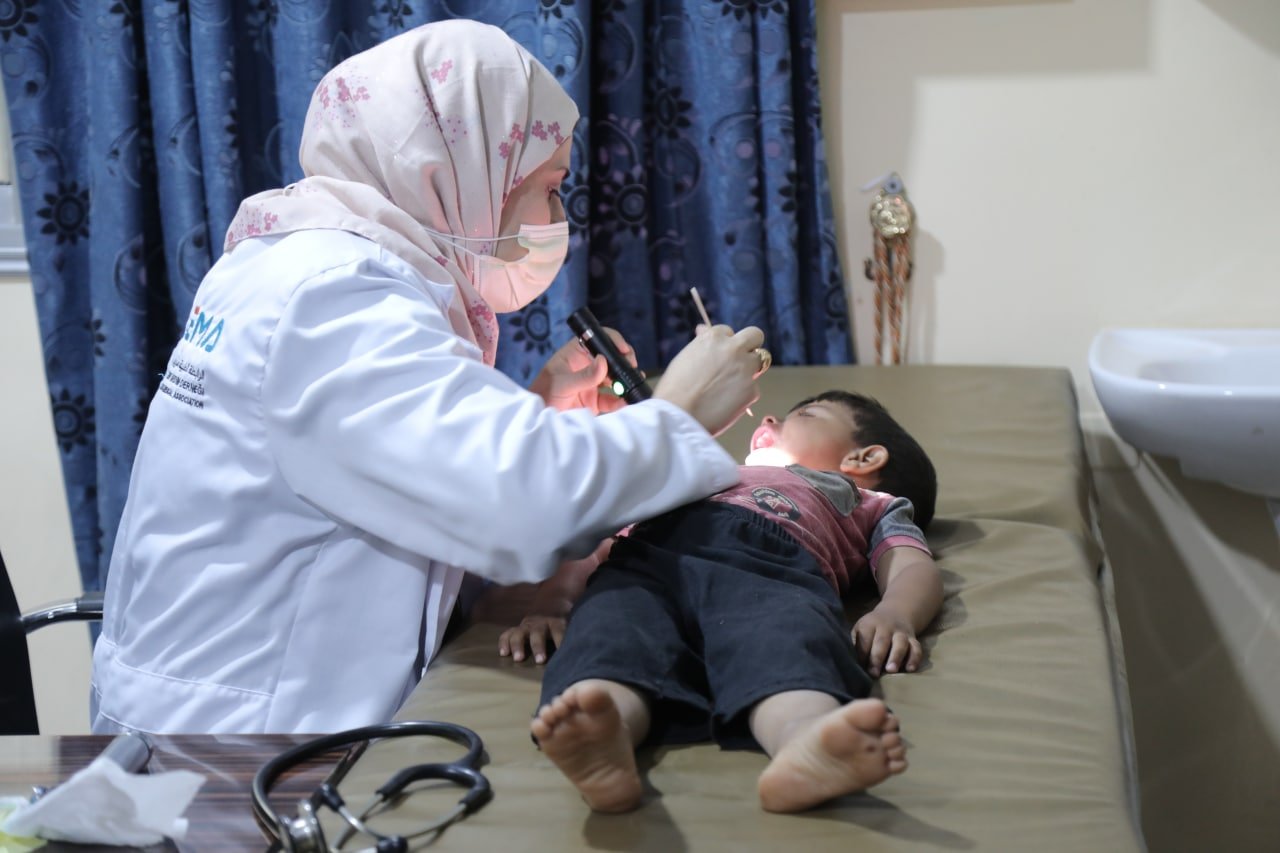During the month of Ramadan, Muslims abstain from food and drink from sunset until sunrise.
Therefore, it is prominent to incorporate some beneficial habits that can help us stay hydrated during fasting hours.
This article will cover some practical tips that fasting people can incorporate into their daily routine during Ramadan to help them stay hydrated.
The importance of hydration during Ramadan, particularly in warm climates
Fluids are important during Ramadan because Muslims fast for long hours during this month.
Therefore, fasting people should consume an adequate level of liquids before they fast to make sure they keep themselves hydrated during their fast, especially in warm climates.
Fluids help transport nutrients to the body’s cells and cleanse the body of toxic materials and bacteria.
In addition, liquids help maintain proper kidney function and prevent constipation.
Understanding the body’s hydration needs during the fasting period
There is nothing better than water for hydrating the body during Ramadan.
As a result, fasting people should be avoiding all kinds of sugary drinks, such as carbonated drinks and sugary fruit juices.
Moreover, Muslims should avoid drinking large amounts of water because the body would not be able to absorb it all.
In addition, it is highly recommended to consume food that includes large amounts of water, such as watermelon, grapes, apples, cucumbers, and celery.

Strategies for preparing the body for fasting, including adequate water intake prior to sunrise
There are plenty of strategies fasters should be following in order to prepare their bodies for fasting.
Some of these strategies include:
- Cutting down on food and drink gradually for some time before fasting.
- Drinking plenty of water keeps your body hydrated.
- Eating healthy, nutritious meals prior to fasting prepares our bodies for a healthy diet during Ramadan.
- Limiting the intake of fried and sugary foods.
- Incorporating fibrous foods in our diet such as vegetables and fruits.
- Adding different nutritional elements to our foods.
Tips for incorporating water-rich foods into Suhoor meals to support hydration throughout the day
In your suhoor meal try incorporating water-rich foods in the suhoor meal. Such types of food include the following:
- Watermelon.
- Cantaloupe.
- Strawberry.
- Tomatoes.
- Cucumbers.
- Celery.
- Baby carrots.
- Oranges.
- Bell peppers.
- Peaches.
- Broccoli.
- Plain yogurt.
- Soup.
- Zucchini.
- Apples.
Those kinds of foods contain at least 80% of water, which will help you stay hydrated throughout the day.
The importance of timing water intake during non-fasting hours to maximize hydration benefits.
It is crucial for fasting people to keep a bottle of water handy during the evening after they break their fast to drink a cup or 2 at least every hour.
In addition, try associating drinking water with a common, daily act, such as seeing a certain commercial on TV to remind you of drinking water.
Moreover, do not forget to cut back or totally avoid consuming food that is either high in sugar or salt.
Doing so will definitely maximize your hydration throughout the long hours of fasting.
Avoiding common dehydration triggers such as sugary beverages and excessive caffeine
Avoiding dehydration triggers during Ramadan is indispensable in order to keep our bodies hydrated during the holy month.
These triggers include sugary beverages and caffeinated drinks. According to experts, sugary beverages cause the body’s cells to transfer more water, which increases urination.
Caffeinated drinks also have the same effect as sweet beverages as they increase the amount of urine in the body.
Donate now to help refugees fast during Ramadan
At SEMA humanitarian, non-profit organization, we ensure that all Syrian refugees and those internally displaced receive the medical care and relief they deserve.
Because many of the refugee communities fall short of the basic medical care infrastructure, staff, and equipment, we make sure those refugees have access to the medical relief they need.
Certainly, many of those refugees will be in need of healthcare services during the holy month of Ramadan.
Donate now to help us in our mission and assist those in need, especially during this month of blessings!
FAQ
What is the best way to hydrate during Ramadan?
The best way to keep yourself hydrated during Ramadan is by consuming a suhoor meal that incorporates foods that are rich in water.
What are 5 ways to stay hydrated?
5 ways to stay hydrated during Ramadan include keeping yourself hydrated throughout the hours after you break the fast by:
-Keeping a bottle of water close by.
-Setting an alarm to remind you to drink water.
-Cutting back on the amount of caffeinated and sugary drinks.
-Incorporating vegetables and fruits high in water in the suhoor meal.
-Avoiding sweet and sugary foods.
What are hydrating foods for Ramadan?
Hydrating foods during Ramadan include the following:
Watermelon.
Cantaloupe.
Strawberry.
Tomatoes.
Cucumbers.
Celery.
Baby carrots.
Resources
- Five Simple Tips to Stay Hydrated.
- Dehydrating drinks: Caffeine, sugar, and other ingredients.
- How to stay hydrated during Ramadan.
Read More:
What Is the Significance of Addressing Children’s Emotional Needs?
Meeting Refugee Women’s Health and Hygiene Needs | SEMA
Strategies for Supporting Children Who Experienced Trauma or Loss
Charitable Giving and Community Impact Explored in Ramadan
How does giving Sadaqah during Ramadan benefit the community?





